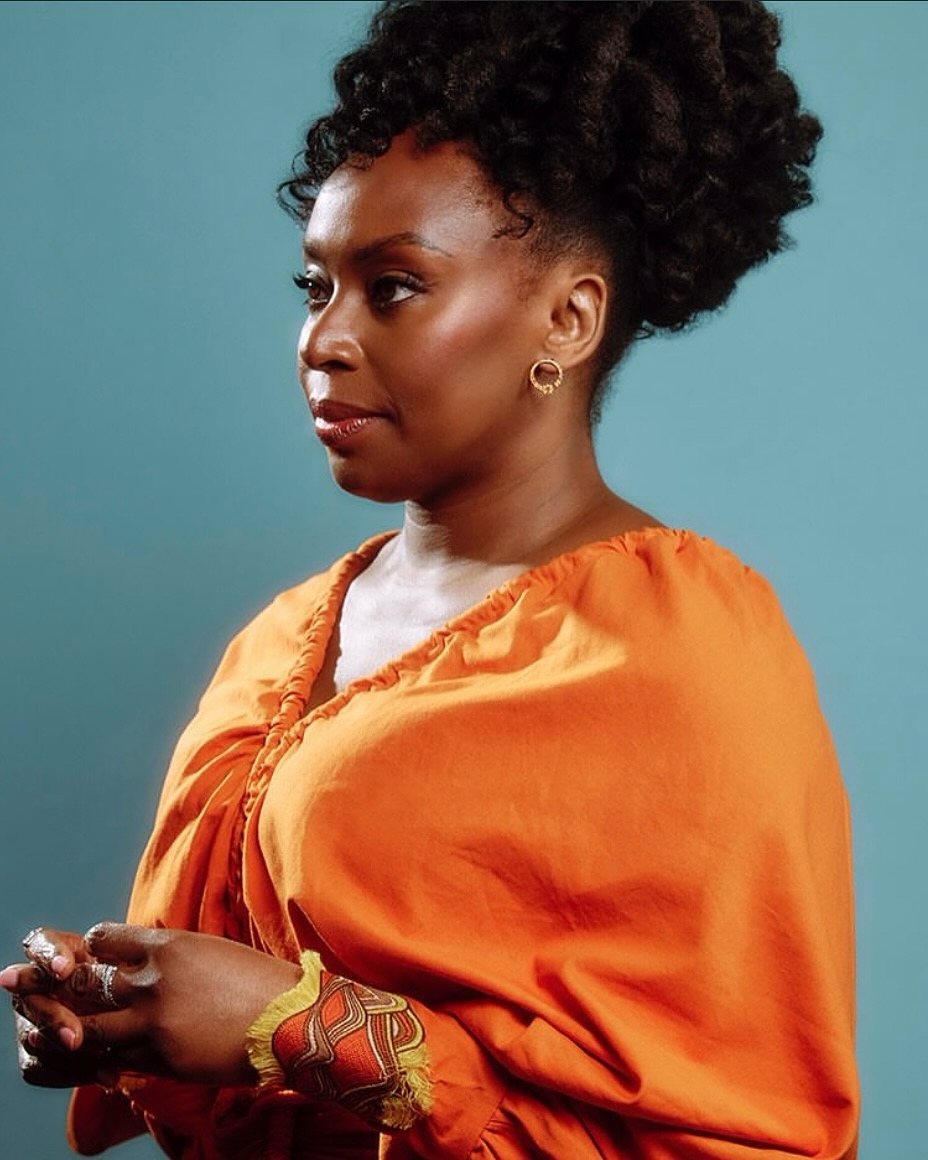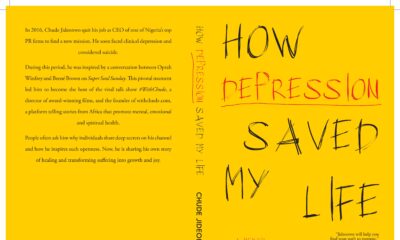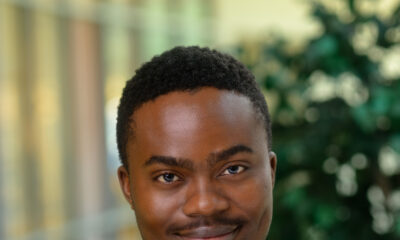Inspired
A New Novel, Twin Boys, & a Creative Revival: Chimamanda Ngozi Adichie Reflects on It All
In her interview with The Guardian, Chimamanda Ngozi Adichie opens up about her long-awaited return to fiction with Dream Count, why writing fiction makes her happiest and the joy of welcoming her twin boys.

Photo Credit: Somi Nwandu/Instagram
After more than a decade away from fiction, Chimamanda Ngozi Adichie is is making her long-awaited return with Dream Count, a novel that, she realises in hindsight, is deeply shaped by her mother’s memory.
A masterful storyteller, Adichie weaves together the lives of four women in Dream Count, written in her vivid and compelling style. Much like Americanah, the novel spans both the US and Nigeria, exploring themes of immigration, the sometimes fraught dialogue between Africans and African Americans, the Americanisation of language and thought, and the pressures on women to marry and have children. At its heart, it is a novel about womanhood, friendship, mother-daughter relationships, and—fittingly—late motherhood.
In a wide-ranging interview with The Guardian, Adichie opens up about the emotional toll of public criticism, the struggle to reconnect with her creative self, and the profound impact of motherhood—including the surprise revelation that she recently welcomed twin boys.
Read the excerpts below:
On Returning to Fiction After Many Years
“I didn’t want to leave such a long gap between novels,” she says, as we settle in a quieter room. “When I got pregnant [with her daughter], something just happened. I had a number of years in which I was almost existentially frightened that I wouldn’t write again. It was unbearable.”
“There are expressions like ‘writer’s block’ I don’t like to use because I’m superstitious. But I had many years in which I felt cast out from my creative self, cast out from the part of me that imagines and creates; I just could not reach it. I could write nonfiction, that was fine. But that’s not what my heart wanted.”
On Her Main Character, Chiamaka (Chia), a Travel Writer and Dreamer
“There’s a lot that has to do with having a female body that isn’t much talked about… If one is writing honestly about women’s lives, it seems self-evident that we have to talk about these issues in a very open way, because they affect everything. They affect how well a woman does. They affect your emotional wellbeing. They get in the way of your dreams. If you’re a woman whose dream is to have a family, for example, fibroids can get in the way.”
She laughs that she is not trying to raise awareness in an NHS public service announcement sort of way, but because “I was trying to write about women’s lives in a way that feels truthful and wholesome and full for me”.
On Being Her Happiest When Writing Fiction
“You should talk to my husband: he would say, ‘She becomes a different person.’ It’s like a high. I don’t do drugs, but I imagine that it is that absolute high. I’m struck by how much time passes and I don’t realise. Then when I am done – whatever it is, a character that I’ve finally got – the rest of the day is joyful floating. I’m so much fun to be around. And that is not always the case.”
On Donald Trump
“Part of the reason I don’t want to talk about Trump is that he takes up too much space. This is what being a megalomaniac is about: taking up all the space. Sometimes, the best form of resistance is ignoring someone. More ignoring should have happened during the first term. Because even the mean girl teenager knows the best thing is not actually to say mean things to the other girl; it’s to ignore her.”
On Democracy and Leadership
“If I ever became president of a country – it sounds crazy – I think it’s possible to work slowly towards a place that is more like a utopia. It’s possible with good leadership. I’m not even like a rabid anti-capitalist, because I’m an Igbo woman. My people are traders. But the kind of capitalism we have now, we don’t need to have. What if we actually employed people, paid them well, thought about their healthcare? Gave people four-day weeks, because we know that human beings thrive better when they’re well rested?”
Read the full interview here.




















